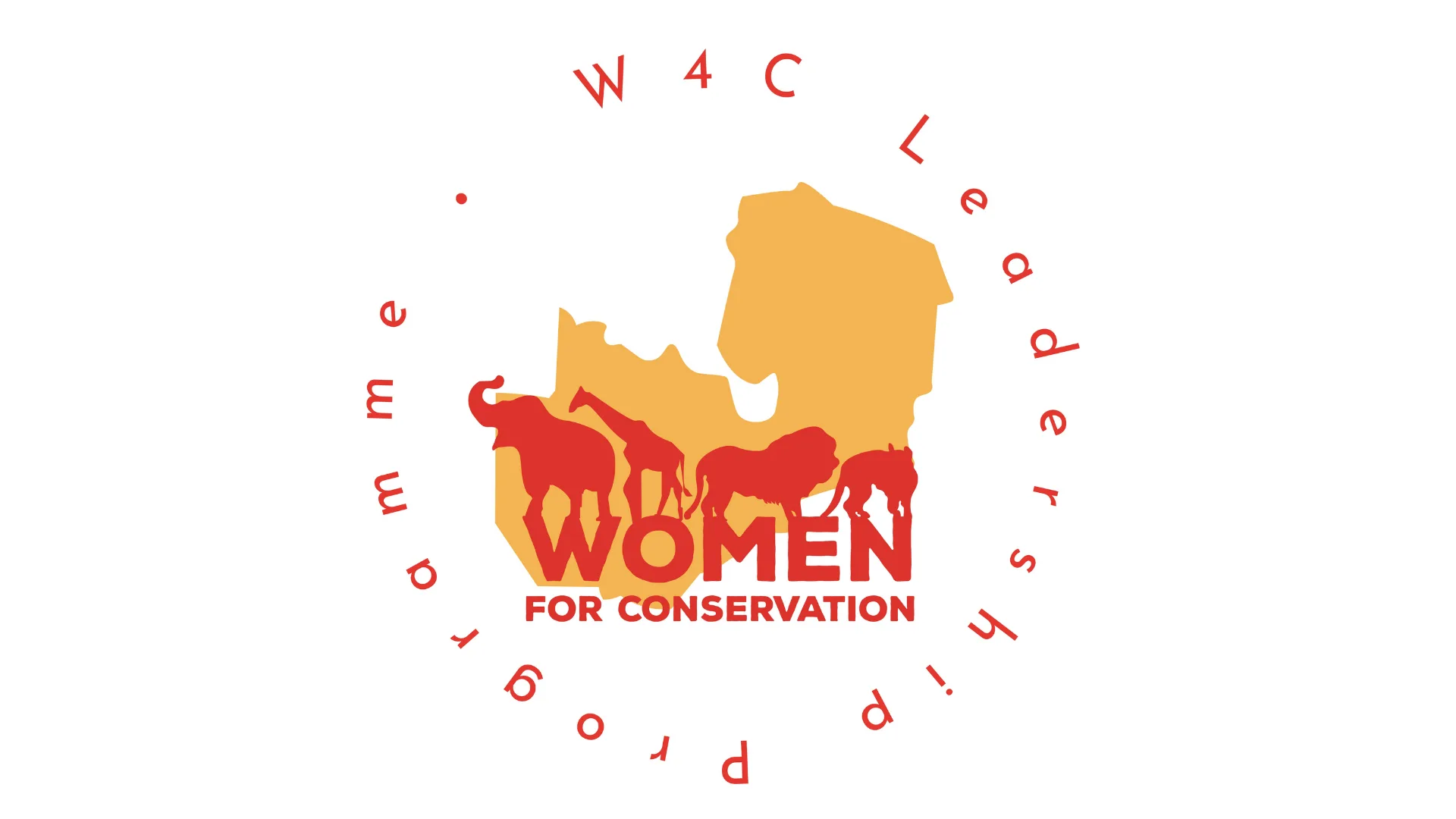By Maina Malaya & Salima Mvula
While women’s interest in conservation continues to grow, their presence, especially in leadership roles, remains limited, reflecting deeper societal imbalances. In Zambia, where conservation plays a critical role in sustainable development, women are increasingly stepping into this demanding field, challenging historic patterns of underrepresentation and paving the way for a more inclusive future.
Recognising this gap, four passionate women working in Zambia’s conservation sector came together to form Women for Conservation (W4C), a platform dedicated to amplifying women’s voices and promoting greater participation in conservation nationwide.
“When we began the Women for Conservation initiative in 2017, it was grounded in a deep belief: that Zambian women have an essential role to play in shaping the future of conservation,” reflects co-founder Luwi Nguluka.
“As someone who has not only walked this path but also had the privilege of working alongside many inspiring women in the sector, I know firsthand the unique challenges we face.”
Luwi adds that her experience navigating the conservation space revealed the challenges of spending long stretches in the field, confronting societal expectations, and asserting her voice in spaces that were not always welcoming.
W4C, formed as a programme under Wildlife Crime Prevention, was created to challenge this narrative. It demonstrates that conservation careers are diverse and inclusive and that women can thrive both in the field and beyond.
Central to W4C’s mission is its Mentorship Programme, launched in June 2020. The idea was to pair early-career women with seasoned conservationists, offering guidance and a sense of belonging.
“Not everyone gets a supportive boss or a kind word when needed. That’s why structured mentorship matters. It creates intentional spaces where young professionals feel seen, heard, and valued, a space where they can grow with guidance rather than struggle in silence,” says Chaona Phiri, a proud W4C mentor.
The inaugural cohort brought together 11 mentees paired with experienced conservationists from Zambia and abroad, all committed to monthly virtual meetings over six months. Despite the challenges of the COVID-19 pandemic, the programme created an invaluable space for learning, support, and growth.
For mentee Namakau Muyumbana, the experience was life-changing.
“Having Kristina as a mentor was humbling,” she reflects. “The journey was uplifting, inspiring, and reminded me that I could be both vulnerable and ambitious as a young conservationist.”
She passionately advocates for the space W4C provides, where women can talk openly about the challenges they face and learn how to grow, lead, and thrive.
“It was powerful to learn from a woman who had walked this road before me, someone who broke barriers with courage and grace.”
Encouraged by the success of its first virtual cohort, W4C launched a second mentorship cycle in June 2022, pairing 14 mentees with conservation mentors. Kicking off the programme with a literal spark, by hosting an interactive conservation evening, which fostered connection, conversation and inspiration.
Among the second cohort was Constance Phiri, who credits her mentor Chaona for helping her secure a scholarship to study at the University of Kent.
“Her guidance and support have been instrumental in my professional and educational journeys,” Constance says. “I gained the confidence and guidance to navigate every challenge from refining my scholarship and school applications to staying motivated through setbacks.”
But mentorship was only the beginning for the Women for Conservation programme. Building on the momentum, W4C has evolved the mentorship programme into a full-fledged Women for Conservation Leadership Programme. This year-long experience blends mentorship with targeted leadership training and practical skills development.
Launched on 31 May 2025, the new programme welcomed five promising conservationists selected through a rigorous process. Each participant has been paired with a mentor. Through the aid of skilled professionals from the W4C network, they will dive into key competencies for effective leadership in conservation: project management, financial management, grant writing, communications, and monitoring and evaluation. The programme will also address structural barriers through Gender Equality and Leadership training led by gender champions under the Women’s Land Rights and Resources platform (WLRR).
Recent research by USAID has highlighted the gender gaps in wildlife governance and employment in Zambia, calling for more inclusive recruitment and capacity-building efforts. W4C’s Leadership Programme answers that call by empowering young women and welcoming male allies as essential partners in building an equitable conservation future.
From mentorship connections forged amid a global pandemic to life-changing scholarships earned, from quiet moments of self-doubt to bold steps into leadership, Women for Conservation (W4C) is transforming Zambia’s conservation story.
“W4C wasn’t created to just talk about the challenges; we started it to change things,” says co-founder Luwi Nguluka. “This is a space designed to nurture, empower, and equip the next generation of women leaders in conservation.”
A new chapter is being written across Zambia’s wild and beautiful landscapes. One where women are no longer just part of the story but are leading it.


0 Comments